“Love is our true destiny. We do not find the meaning of life by ourselves alone – we find it with another.” —Thomas Merton
OK, here’s the problem. When I searched the internet for “how to measure meaning,” the first item that popped up (the most popular Yahoo answer) was how to measure your penis. Apparently, a lot of men are still finding the greatest source of meaning in their life to be the size of their dick. Whew, this post has an uphill battle to fight—at least in convincing men there may be other ways to measure meaning beyond physical attributes.
In this post, I would like to suggest that measuring the strength of our spirit and the depth of our soul may be more meaningful measures of meaning than measures related to physical, emotional or intellectual indicators.
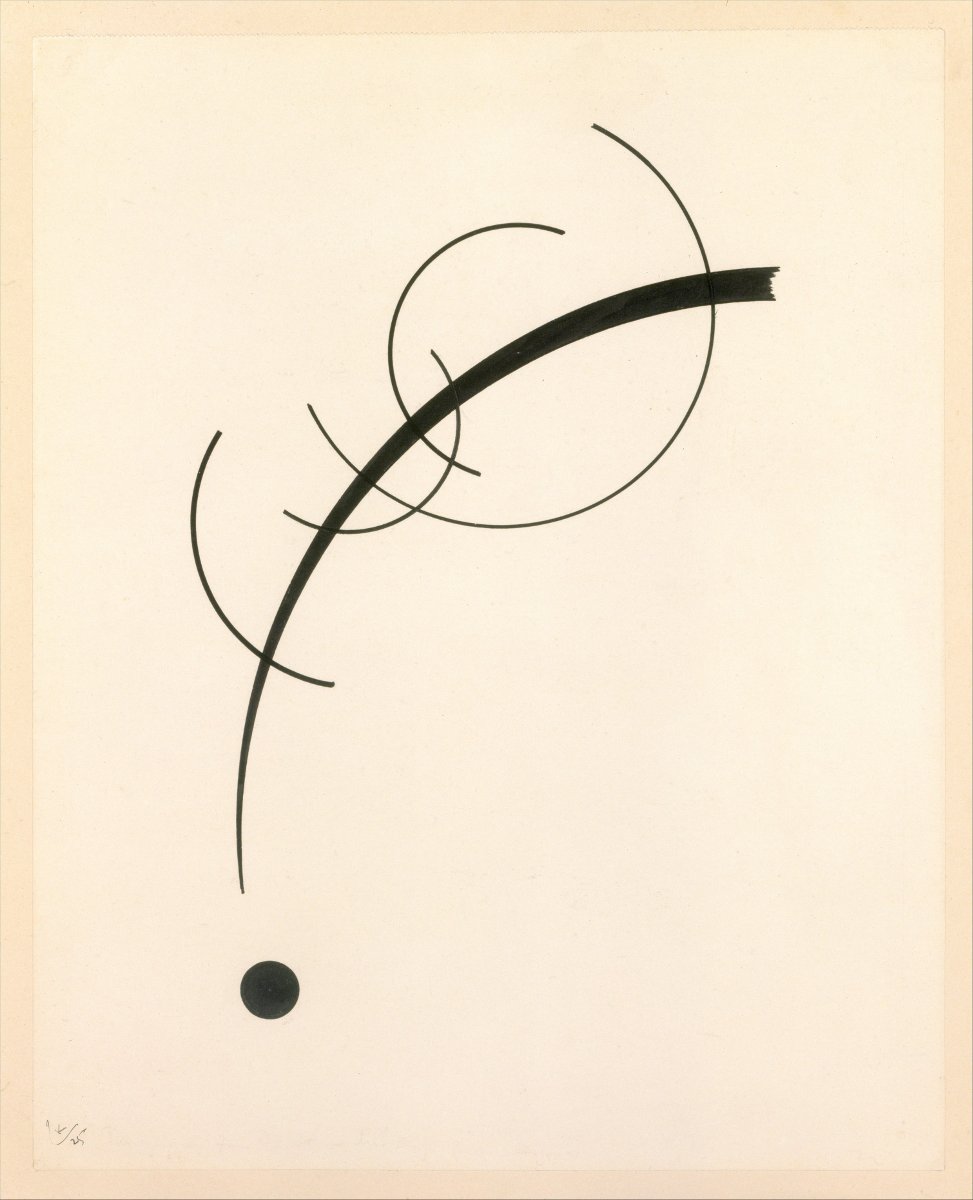
A dear friend of mine recently asked me how she might talk to her grandkids about spirit and soul.
I responded, “It’s no wonder you are having a difficult time explaining these concepts; the question has stumped philosophers for a couple of thousand years.” Her request, however, prompted me to do some research to clarify my own thinking and to come up with an accessible perspective. Here’s a brief summary of what I discovered.
In the Republic, Plato suggests that
“the soul is like the eye: when resting upon that which truth and being shine, the soul perceives and understands and is radiant with intelligence […]”
So one measure of the depth of our soul may be our ability to see and understand radiance. I wonder how often we miss what truly shines and glows.
In The Madman, Kahlil Gibran states,
“To understand the heart and mind of a person, look not at what he (or she) has already achieved, but what he or she aspires to.”
It seems to me that our aspirations say a lot about the strength of our spirit. For example, do we aspire to become rich and famous or do we aspire to create caring communities.
More recently, in The Marriage of Sense and Soul, Ken Wilber concludes that
“spirituality must be, at its core, a series of direct mystical, transcendental, meditation, contemplative or yogic experiences—not sensory or mental, but transcendental consciousness.”
The challenge Wilber poses is how to measure what can’t be seen by the eye of the flesh or the eye of the mind. It must involve measuring contemplative perception or experience.
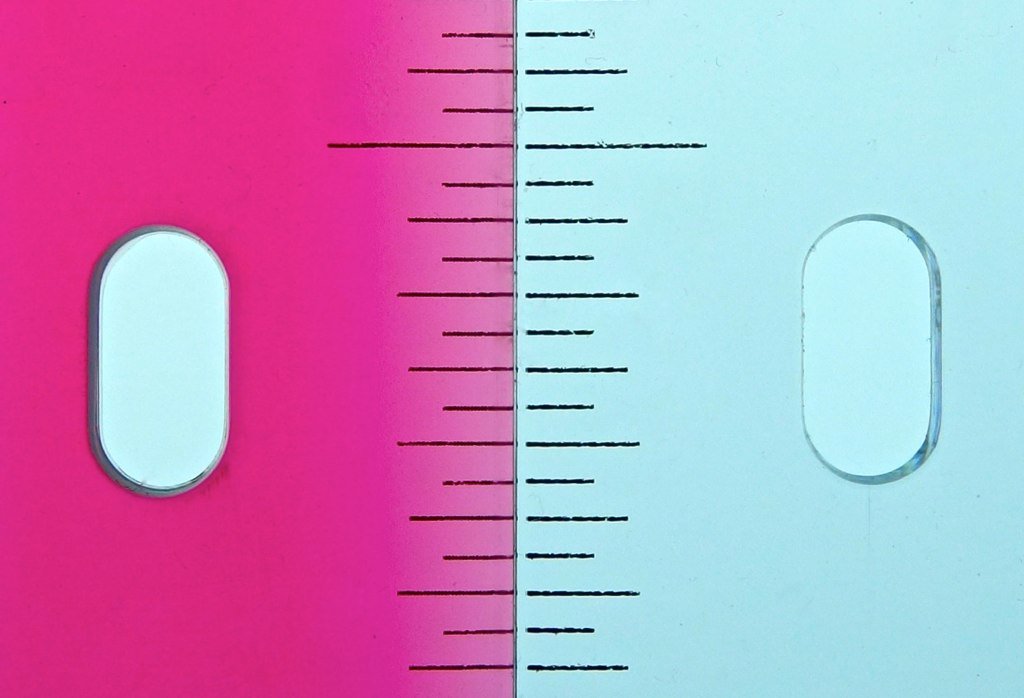
The Wikipedia take on this subject is that a spirit, or supernatural being, is often a non-physical entity. The concepts of a person’s spirit and soul also often overlap as both are contrasted with the body and are believed to survive death in some religions. In English Bibles, for example, the word “Spirit” specifically denotes the Holy Spirit.
Historically, spirit has also been used to refer to a “subtle” as opposed to “gross” material substance.

Sooo, you can see there is no easy answer. For me, spirit is the energy we bring to our dreams, aspirations, and challenges. It is more than the body and the mind. I see spirit as more emotional or attitudinal and soul as more spiritual. However, we can develop both our spirit and our soul. I guess if I had to give an answer to my friend’s grandchildren, I would say spirit is all about the positive energy in your heart. Spirit is what enables you to deal with your challenges and drive toward your dreams. No matter how difficult life is at times, we can turn toward our heart and find the energy to deal with difficulty in positive ways. Spirit is the source of our radiance and light. Soul is the developed capability to see and appreciate the radiance and light in others.
But we still haven’t addressed the issue of how we measure meaning. If we start with the assumption that we create meaning in our lives in direct proportion to the effort we make to strengthen our spirit and deepen our soul, then we are left with the task of measuring strength and depth. That would be a relatively simple task if we were measuring something material, but we aren’t. Spirit and soul, to me, are immaterial.
It seems to me that the goal of spiritual and soulful development is to make the immaterial material through direct experience—much like what Ken Wilber suggests.

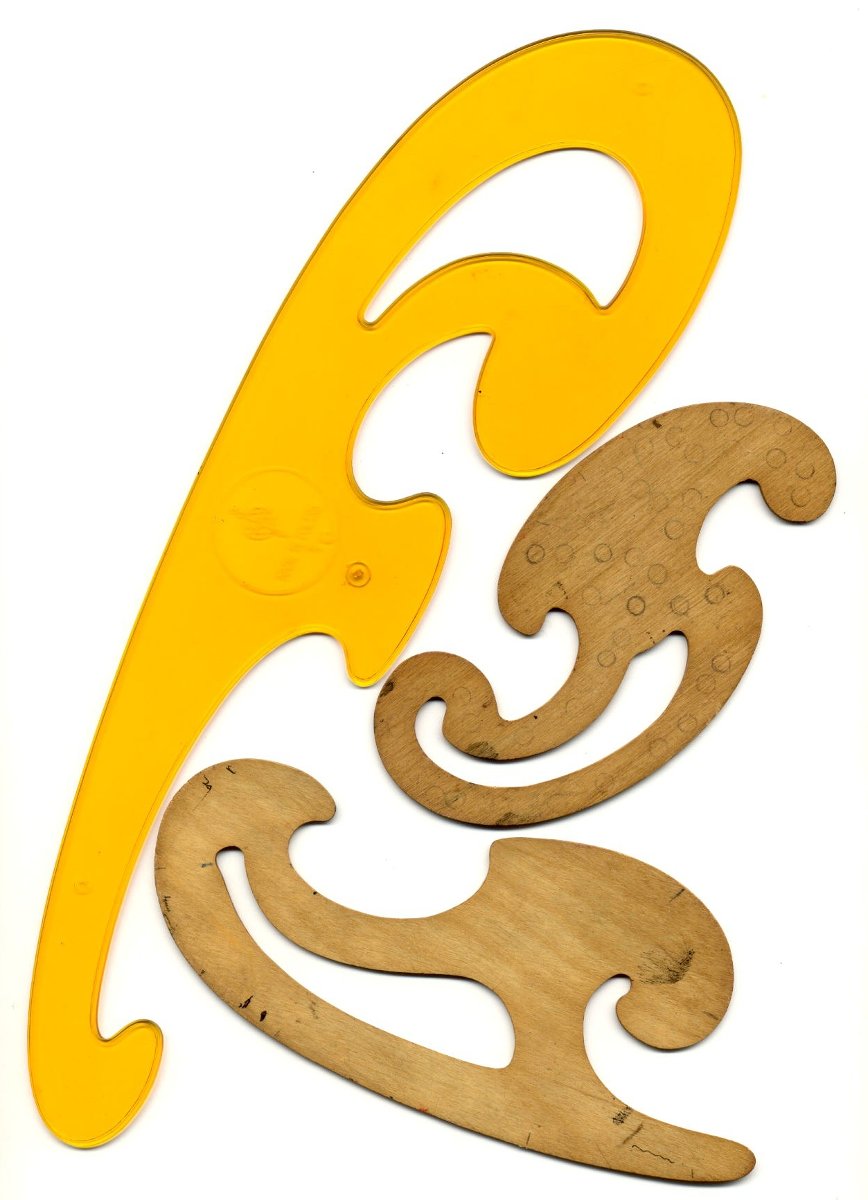
Measuring our physical health is fairly easy. We can measure strength, flexibility, endurance and cardiovascular efficiency. Income and wealth are also common physical measures of meaning for many people—too many people in my mind. Do people really derive meaning from accumulating tens of millions of dollars in their bank accounts? I wouldn’t know, but my hunch is no. It seems to me that having these physical assets may make it more possible to pursue meaning in our lives, but in and of themselves, there is no lasting sense of meaning. Physical health may facilitate our search for meaning.
Measuring our intellectual health is also a relatively simple task. We can measure our IQ with the Stanford-Binet instrument. We can even measure the ten dimensions of intelligence as proposed by Howard Gardner in Frames of Mind: Musical, spatial, linguistic, mathematical, kinesthetic, interpersonal, intrapersonal, naturalistic, existential, and pedagogical. The question is, do people derive meaning from having these innate capabilities, or does developing these capabilities increase the chances of finding more meaning in life? I would think the latter. Intellectual health may enable our search for meaning.
Measuring our emotional health is a little trickier. In his book, Emotional Intelligence, Daniel Goleman popularized the idea of measuring EQ. Many other researchers have also developed indicators of emotional health and there is a pl
ethora of personality tests on the market.
It appears the key factors of emotional intelligence are: self-awareness, self-regulation, motivation, empathy, social skills, openness, and compassion.
These indicators are more difficult to measure, but there are several instruments available to give us a sense of how emotionally healthy we may be. To me, what’s important is our ability to use these capabilities to form meaningful relationships. I agree with Thomas Merton that the strength of our relationships is one of the best measures of meaning in our lives. Emotional health may enrich our search for meaning.
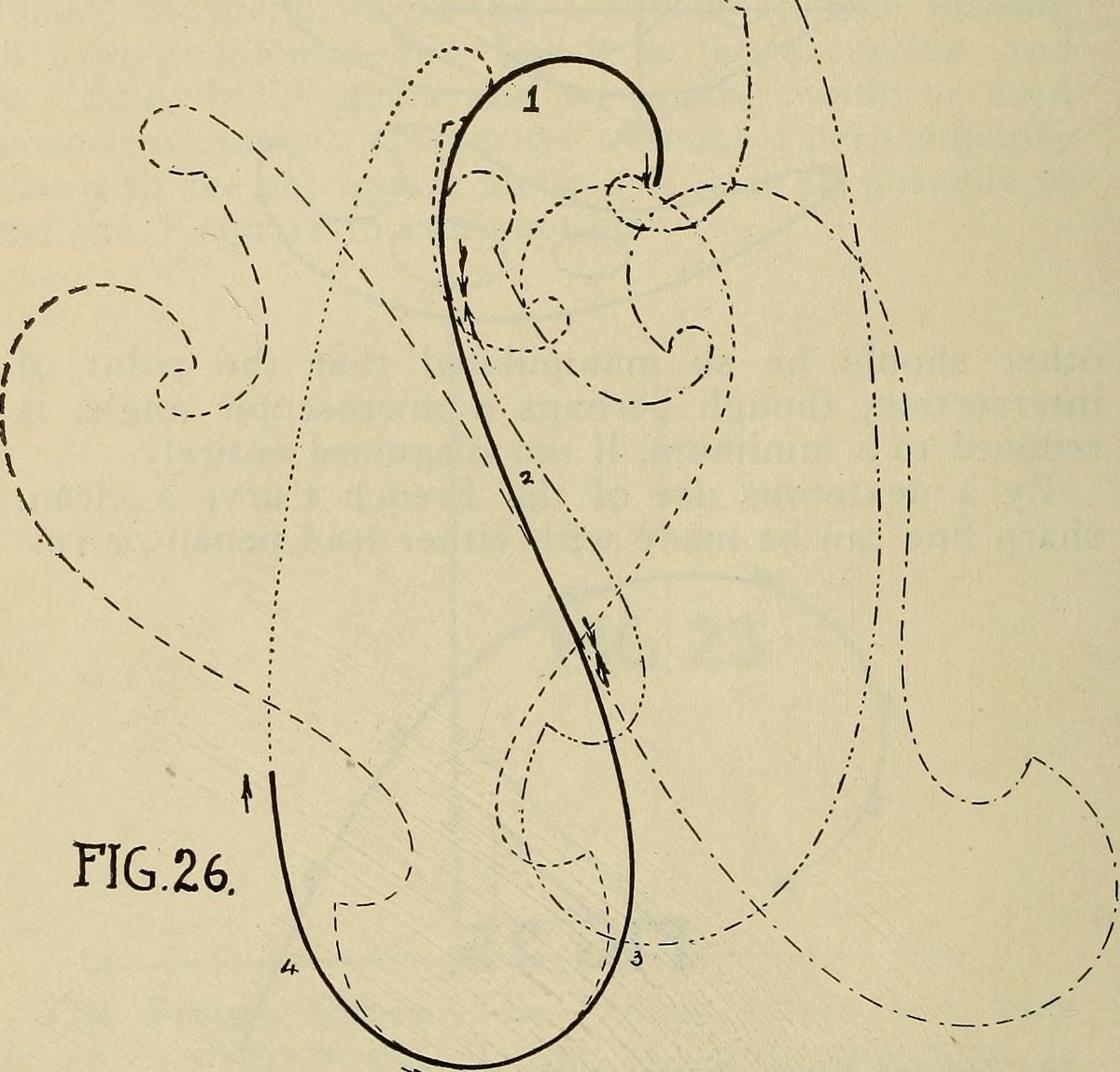
Now, let’s take on the big, hairy issue of measuring spirit and soul and how those two immaterial dimensions may provide the greatest source of meaning in our life.
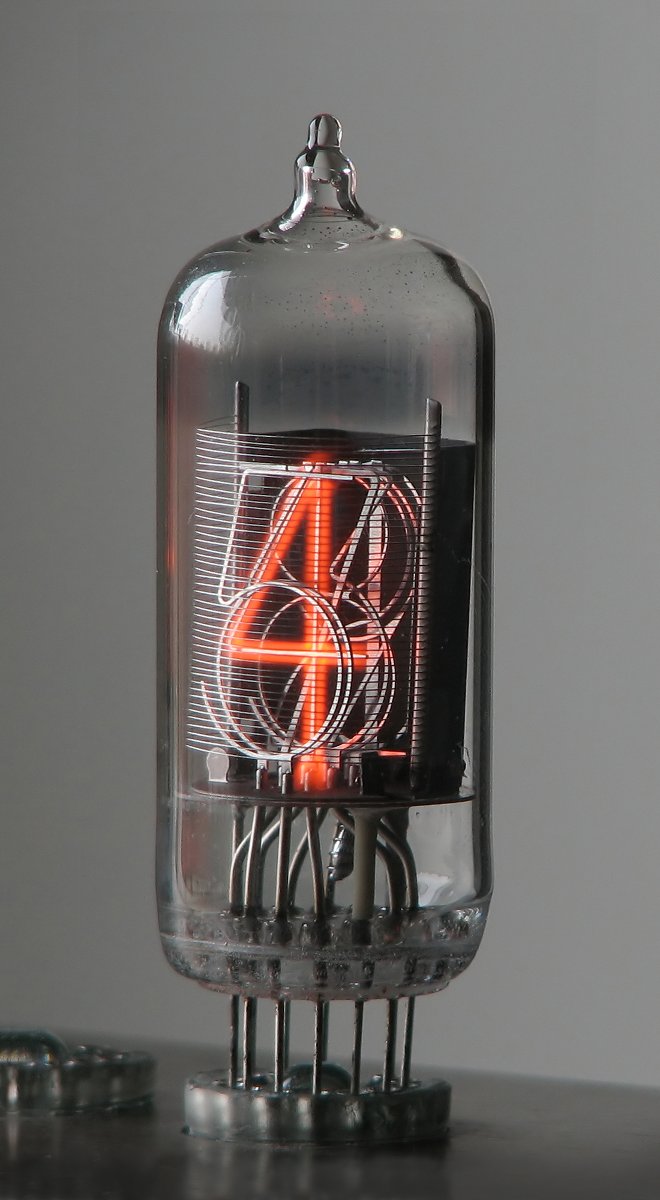
Measuring spiritual health and soul health pose the most difficult measurement challenges in the age of materialistic reductionism.
I am not presumptuous enough to suggest that I have answers to those challenges. I don’t. I do believe, however, there are mystics and highly evolved beings who can measure chakras, auras, healing energy, and ethereal and subtle bodies—all of which seem to me to be good indicators of the strength of our spirits and the depth of our souls. I’m not asking you to share my beliefs, though, I’m just suggesting that you live in the question: “What gives me the most meaning in life and how do I measure it?”
I would be remiss in this post if I didn’t mention Victor Frankl, who was the founder of the idea of measuring meaning.
Frankl believed that finding meaning in one’s life is the most powerful and motivating force for humans. A short introduction to his theories can be found in his most famous book, Man’s Search for Meaning. According to Frankl, the spirit is the will of the human being. He emphasized the will to find meaning is not necessarily the search for God or any other supernatural being, and he believed that the barriers to the quest for meaning in life revolved around hedonism and materialism.
James Crumbaugh operationalized Frankl’s ideas with a Purpose of Life (PIL) test which measures an individual’s meaning and purpose in life as well as a Seeking of Noetic Goals Test (SONG). The PIL measures the presence of meaning while the SONG measures orientation towards meaning. I love the acronym SONG because it captures the essence of what it must feel like to find real meaning in life, i.e. our life is in harmony with our purpose.
So the next time you are pondering the source of meaning in your life, don’t start by looking between your legs for the answer. Begin by assessing the energy in your body, the love in your heart, the knowledge in your brain, the joy in your soul; and then ask how well you are using your energy, love, knowledge, and joy to strengthen your spirit and deepen your soul. In the process, you may find the meaning you are looking for—even if you don’t find a meaningful way to measure it.
May you find ways to use your physical, emotional, and intellectual capabilities to facilitate, enable, and enrich your search. May love be your true destiny and may you find others who will join you in your search. And, as a result, I hope you find a SONG in your heart to inspire your days and to fill you with rich meaning in this New Year.
Also published on Medium.
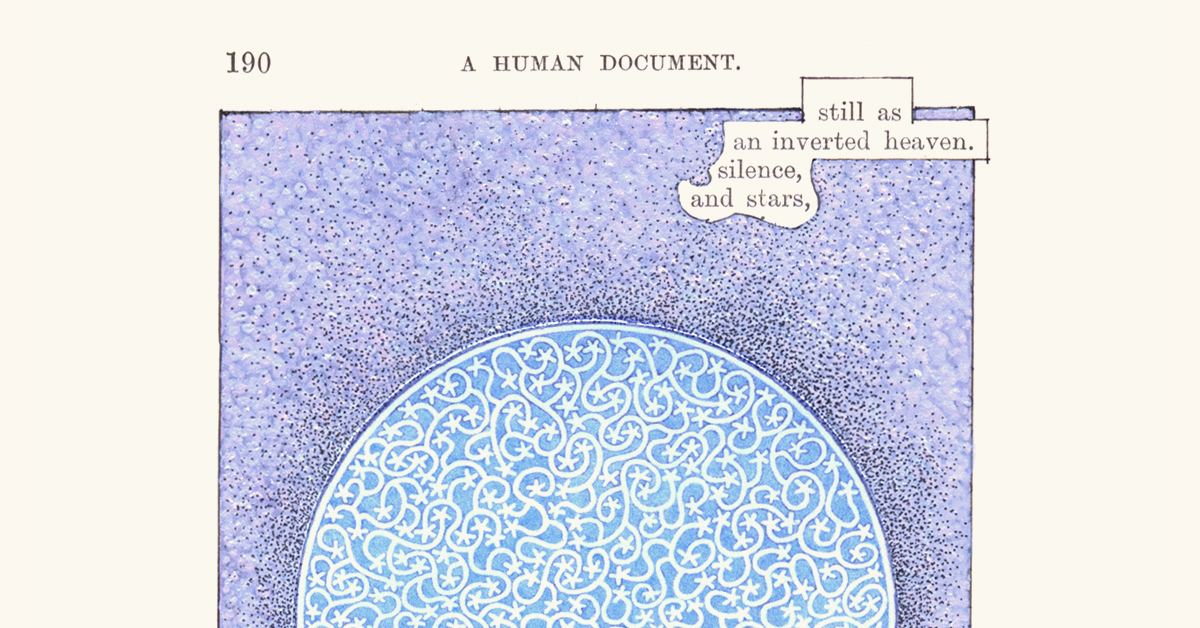



Another “meaningful ” piece Rick. You and Bobbitt add so much positivity in other’s lives. You are a great role model!